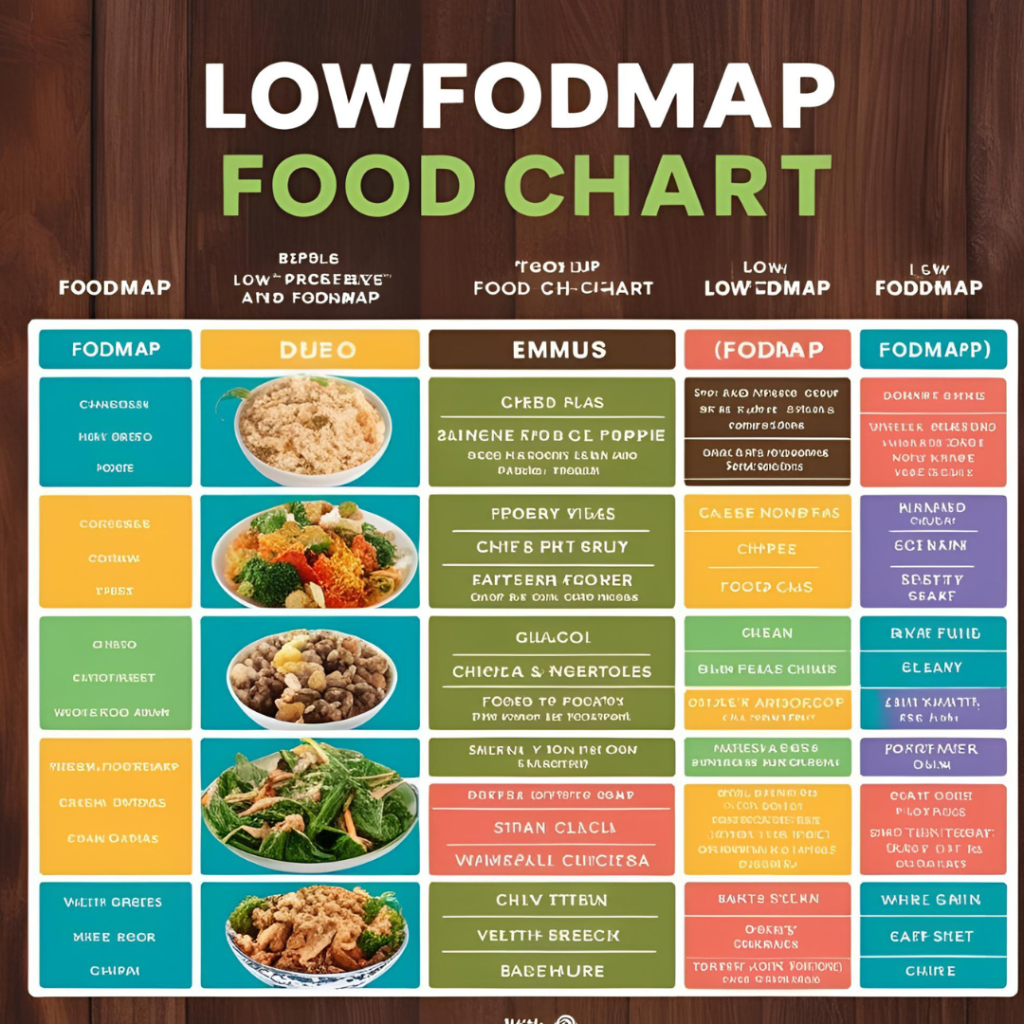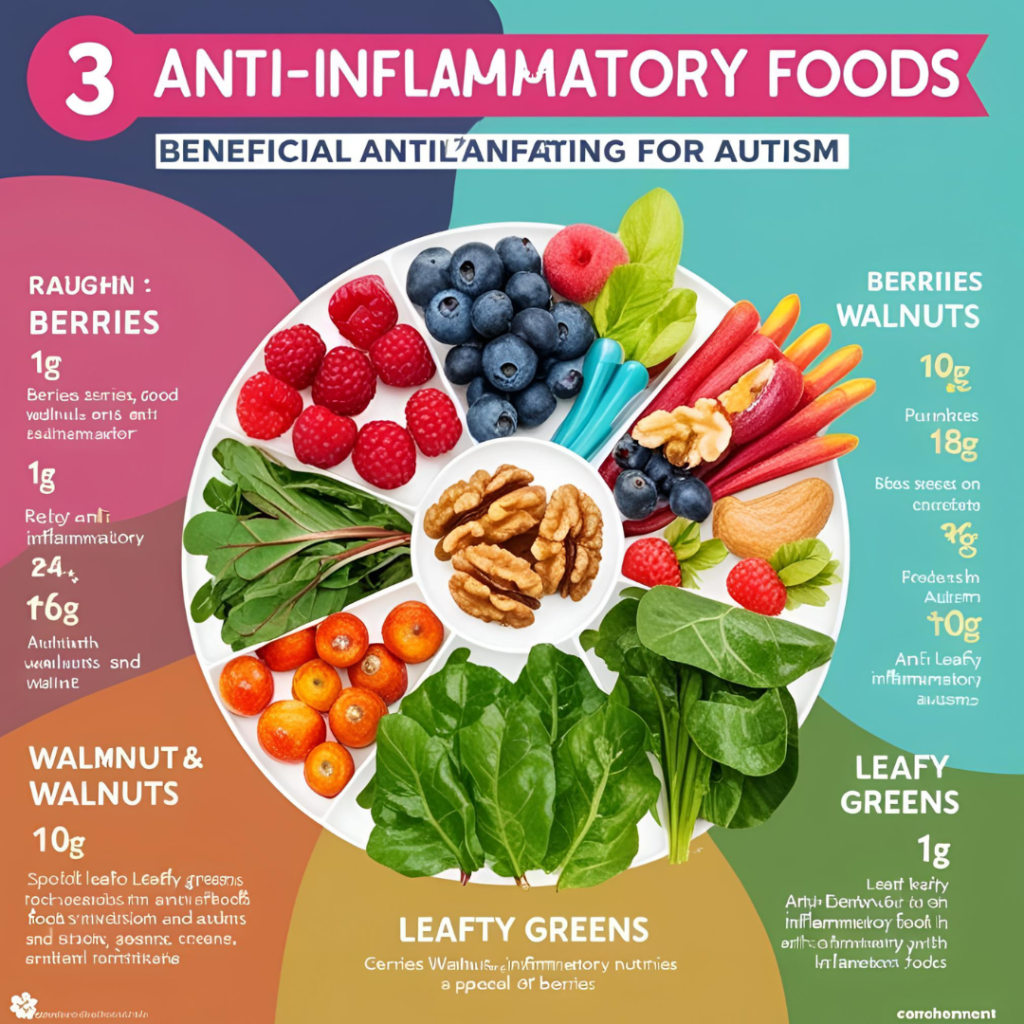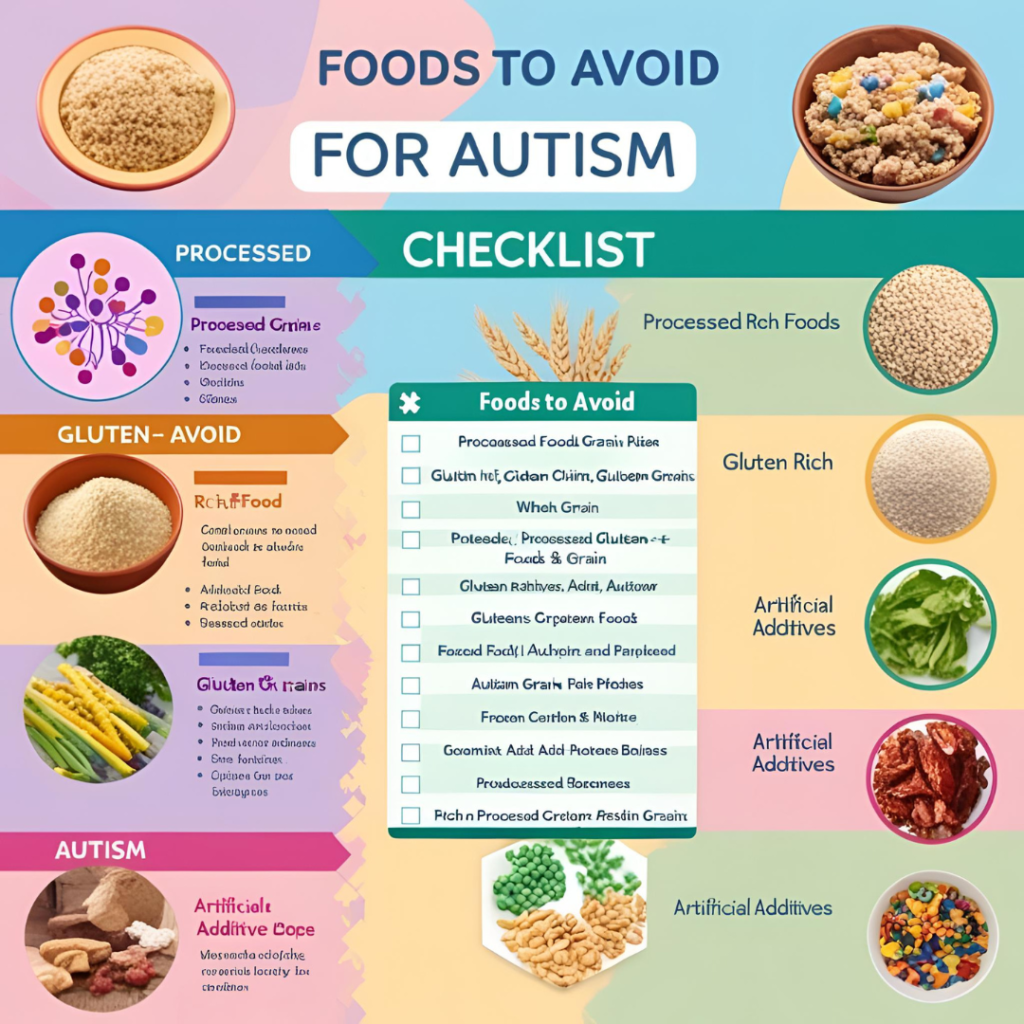Discover the best diets for autistic children with GI issues, including gluten-free, low-FODMAP, and probiotic-rich options to improve digestion and behavior
“Healing the gut to support better digestion and behavior in autism—evidence-based dietary strategies.”
📌 Introduction
Up to 90% of autistic children experience gastrointestinal (GI) problems like constipation, diarrhea, bloating, and reflux. These issues can worsen behavioral symptoms, including irritability, sleep disturbances, and anxiety.
Research shows that diet plays a crucial role in managing gut health in autism. This guide explores the best diets for autistic children with GI issues, backed by science and expert recommendations.

🔍 Why Diet Matters for Autism & GI Health
The gut-brain axis connects digestion and behavior. In autistic children:
- Food sensitivities (gluten, dairy) can trigger inflammation.
- Imbalanced gut bacteria worsen digestive and behavioral symptoms.
- Nutrient deficiencies (magnesium, zinc, omega-3s) affect mood and focus.

🥗 Top 5 Diets for Autistic Children with GI Issues
1. Gluten-Free & Casein-Free (GFCF) Diet
- Best for: Children with leaky gut, inflammation, or food sensitivities.
- How it works: Removes gluten (wheat) and casein (dairy), which can trigger digestive and behavioral issues.
- Research: Some studies report improved speech, focus, and reduced GI symptoms. (Study Link)
📌 Foods to Eat:
✔ Quinoa, rice, almond milk, coconut yogurt
❌ Avoid: Bread, pasta, cow’s milk, cheese

2. Low-FODMAP Diet
- Best for: Kids with bloating, gas, and IBS-like symptoms.
- How it works: Reduces fermentable carbs that feed bad gut bacteria.
- Research: Helps 50-60% of autistic children with chronic bloating.
📌 Foods to Eat:
✔ Bananas, carrots, chicken, rice
❌ Avoid: Apples, onions, beans, high-lactose dairy

3. Specific Carbohydrate Diet (SCD)
- Best for: Severe diarrhea, IBD, or yeast overgrowth (Candida).
- How it works: Eliminates complex sugars and starches, starving harmful bacteria.
- Research: Some parents report better stool consistency and reduced hyperactivity.
📌 Foods to Eat:
✔ Lean meats, eggs, nuts, non-starchy veggies
❌ Avoid: Grains, processed sugars, potatoes

4. GAPS Diet (Gut and Psychology Syndrome)
- Best for: Children with leaky gut, food intolerances, and mood swings.
- How it works: Focuses on bone broth, fermented foods, and probiotics to heal the gut.
- Research: Anecdotal evidence suggests improvements in digestion and behavior.
📌 Foods to Eat:
✔ Bone broth, sauerkraut, ghee, boiled meats
❌ Avoid: Processed foods, refined sugars
5. Anti-Inflammatory Diet
- Best for: Kids with chronic inflammation and immune issues.
- How it works: Focuses on omega-3s, antioxidants, and fiber to reduce gut inflammation.
- Research: Linked to better focus and reduced aggression in autism.
📌 Foods to Eat:
✔ Fatty fish (salmon), blueberries, spinach, chia seeds
❌ Avoid: Sugary snacks, fried foods

🛑 Foods to Avoid for Autistic Children with GI Issues
- Dairy (if casein-sensitive)
- Gluten (if gluten-sensitive)
- Processed sugars (feeds bad gut bacteria)
- Artificial additives (linked to hyperactivity)

💡 Practical Tips for Implementing These Diets
- Start slow—introduce one dietary change at a time.
- Keep a food diary to track symptoms.
- Consult a dietitian to prevent nutrient deficiencies.
- Try probiotic-rich foods (yogurt, kefir, kimchi).

✅ Conclusion
The right diet can transform gut health and behavior in autistic children. Whether it’s GFCF, low-FODMAP, or GAPS, finding the best fit can lead to better digestion, mood, and quality of life.
🔗 References & Further Reading:
🚀 Help other parents! Share this guide to spread awareness.
#AutismDiet #GutHealth #AutismParenting #GFCFDiet #LowFODMAP


